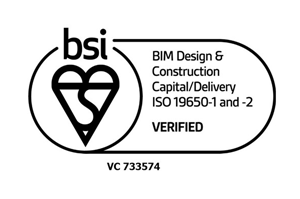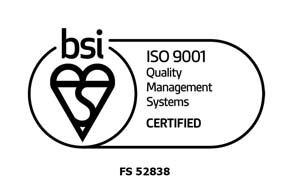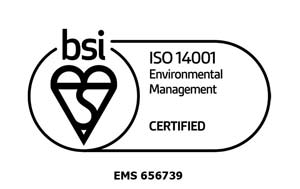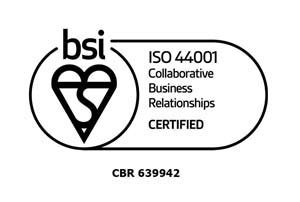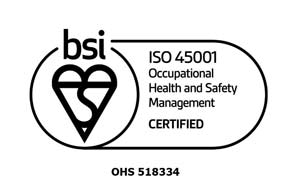Building Resilience
It is important to build up resilience. Being resilient is about functioning in a healthy manner when faced with risk or stress. People who are resilient are able to withstand considerable difficulty and bounce back from difficult events. Resilience is not to be mistaken for simply being seen to act tough or to pretend everything is fine when it’s not: it’s about having the inner resources to assess a situation, look at what is needed and take appropriate positive action. It is possible to increase your resilience by making subtle changes to your life, your relationships and your thought patterns.
Ways to Build Resilience
- Nurture your support network. It is a common mistake that asking for help is a sign of weakness. Good relationships with close family members, friends or others are important, so try to accept help and support from those who care about you. Be aware of the people in your life who listen well, or who can give practical help: and then turn to them if and when you need to.
- Think about what you can do, not what you can’t. A doctor treating a terminally ill patient will focus on improving the quality of life for the person in the time that they have left, rather than trying to change the inevitable. Accepting the circumstances that cannot be changed can help you focus on the circumstances that can.
- Embrace change. People who embrace change are more likely to be successful as they do not spend energy fighting what is going on around them to keep their environment stable. Try looking beyond the present to how future circumstances may be a little better and accept that change is a part of living.
- Set achievable goals. Instead of focusing on tasks that seem unachievable, break the task down into smaller chunks and then take decisive action. Being able to accomplish these smaller tasks can bring a sense of control and achievement.
- Look for opportunities to develop new skills. People often learn something about themselves and find they have grown in some respect as a result of a struggle. Seeing yourself coping with a difficult or stressful situation can also help you to nurture a positive view of yourself.
- Maintain a positive attitude. Being optimistic enables you to expect that good things will happen in your life. Positive thinking can have a real impact on your view of yourself and the world.
Maintain a Healthy Lifestyle
- Rehydrate. By not drinking enough fluids, your body has to work much harder to function. Consequently, it becomes more difficult to concentrate and you will feel tired. A steady intake of 8 glasses of water a day will help to improve your energy and increase your mental and physical performance.
- Breathe. If you find yourself in a difficult situation, the way that you breathe can have a positive effect on your management of it. Try to find a comfortable position. Breathe out slowly through your nose, counting to five. Repeat 5–10 times and notice how much calmer you feel.
- Sleep. The average total sleep time needed nightly varies from person to person, but is usually between 7.5 and 8 hours. Getting the right amount of quality sleep can have a positive impact on your overall wellbeing, including your energy, mood, concentration and even your skin and hair. Following a regular bedtime routine can help you get the sleep you need. In the case of ongoing insomnia, seek the advice of your doctor.
- 5 a day. It is recommended by health professionals that you eat at least 5 portions of fruit and vegetables per day. Eating a variety of fruit and vegetables will not only give you plenty of vitamins and minerals, but the natural sugar releases into your bloodstream at a steady rate, meaning that you have energy for longer throughout the day.
- Exercise. Being physically active can help to prevent illnesses such as heart disease, diabetes and colon cancer. Physical activities such as walking, climbing the stairs, and mowing the lawn are enough to provide health benefits, demonstrating that it is possible to achieve your 30 minutes activity five times a week without needing to join the gym or running a marathon!
- Eat regularly. It is important to eat regularly if you want to learn, think and function optimally. You may deplete your "thinking power" when you concentrate for prolonged periods without nourishment. Eating the right foods such as fruit, nuts, seeds, vegetables and lean meat such as chicken or fish slowly release energy and can help you keep going during busy times.
- Time out. With so many things to do, it's easy to put off taking time to relax each day. But in doing so, you miss out on the health benefits of relaxation. Relaxation can improve how your body responds to stress by slowing your heart rate, meaning less work for your heart and reducing blood pressure. Make the time to have 10 minutes each day on your own to relax and you’ll feel the health benefits.
- Smile. Smiling not only makes you more approachable, it can also have health benefits. Studies have shown that smiling releases endorphins, natural pain killers, and serotonin, which improves wellbeing instantly.
- Get organised. Good time management and organisational skills can make it easier to follow a healthy lifestyle by freeing up time to exercise, plan meals and relax.
Remember to take care of yourself both physically and mentally. Think about the ways in which you can take the time to pay attention to your own needs and feelings, and start to put some of your ideas into practise. It might be that you enjoy a relaxing bath at the end of a stressful week, or a long walk to give you time to think. Work out what feels good for you and make the time to do it. And don’t forget, maintaining a healthy lifestyle will help keep your mind and body primed to deal with situations that require resilience.


















